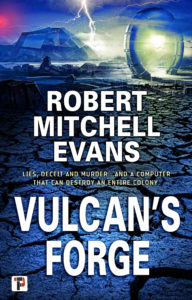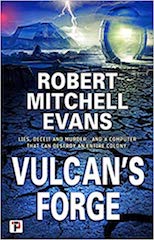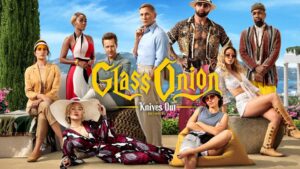For a week or so a very vague idea has been knocking around my cranium. Mostly themes and conceptual elements with very little in the plot of character save for what arises naturally from theme and conceit.
Normally, this is the part where I just let the ideas free form in the back of my thoughts, make occasional notes here and there, until a character a resolution present an ending to me that is strong enough to build an outline on.
However, by Monday one scene, not particularly dramatic, had floated to the front of my thoughts and with a writer’s group meeting on that night I decided the go ahead and compose this disconnected scene.
By the end of lunch, I had 1400 words about a character visiting an isolated bar in the mountains of Idaho, returning to the tiny town from which he had escape decades earlier. It was an experiment in tone and setting with perhaps just 300 words devoted to any real conflict when a Nazi biker attempted to drink at this local watering hole. Surprisingly it was well received by my writer’s group with some member expressing interest in where the tale was going.
As I said earlier, this point in my process is normally one of thinking and outlining. Plotting the critical elements, reveals, and reversals that will drive the story, not actual writing of scenes and characters.
But that is what I am doing. Yesterday at lunch I continued the scene and will do so again today. Flying by the seat of my pants I am going to drive for what would be the end of act one for the story that doesn’t have an ending, yet.
In all likelihood this will crash and burn shortly after takeoff, but for now it’s intriguing me enough that I simply cannot walk away.
A gentle reminder that I have my own SF novel available from any bookseller. Vulcan’s Forge is about the final human colony, one that attempt to live by the social standard of 1950s America  and the sole surviving outpost following Earth’s destruction. Jason Kessler doesn’t fit into the repressive 50s social constraints, and he desire for a more libertine lifestyle leads him into conspiracies and crime.
and the sole surviving outpost following Earth’s destruction. Jason Kessler doesn’t fit into the repressive 50s social constraints, and he desire for a more libertine lifestyle leads him into conspiracies and crime.



